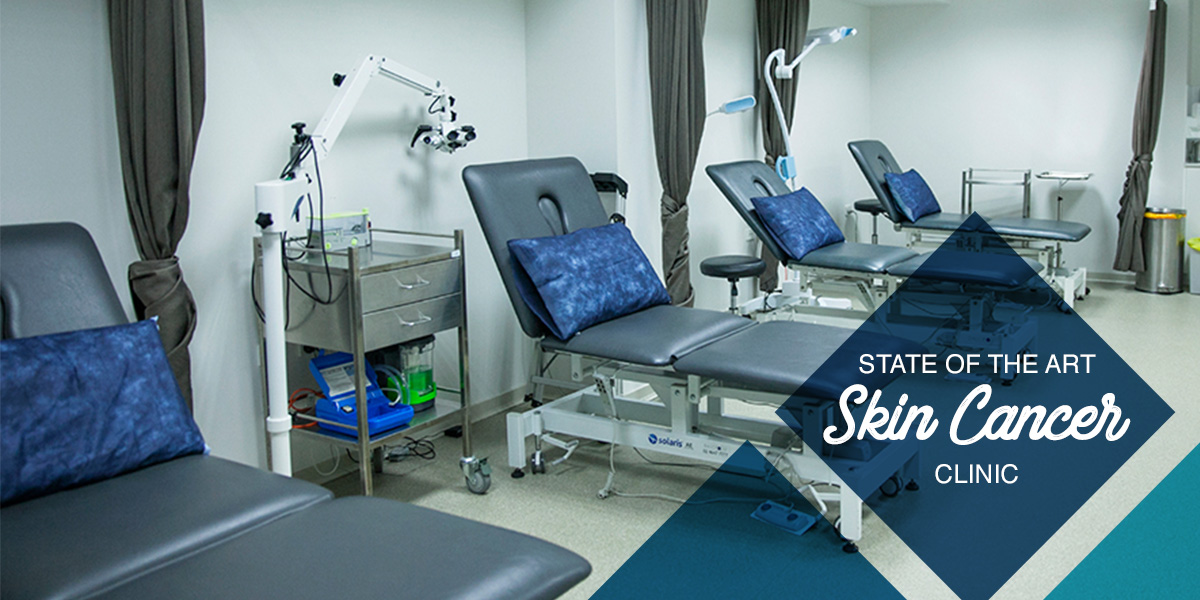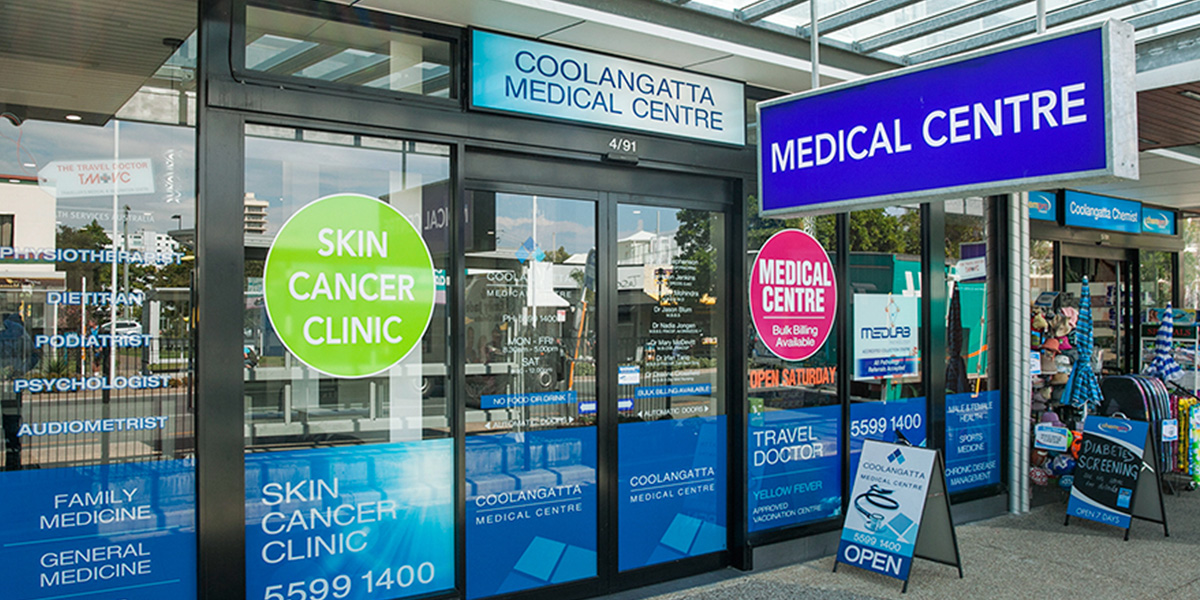Recharge and revitalise with Coolangatta Medical Centre’s iron infusion treatment. We offer safe and convenient iron infusions to help you achieve optimal health at reasonable prices.
Coolangatta Medical Centre as Your Iron Infusion Near Me Clinic
Are you feeling constantly fatigued and battling a lack of energy? If you find it difficult to have the energy to carry out things you normally do, these could be signs of anaemia or iron deficiency which can significantly impact your quality of life. However, there is a solution that may help you restore your vitality and revitalise your health if you have iron deficiency not responding well to oral iron (assuming all pathological conditions have already been excluded): iron infusion in Gold Coast.
Coolangatta Medical Centre is an iron infusion clinic in Gold Coast that provides safe, convenient, and medically approved intravenous iron supplementation. Compared to alternative methods such as iron supplement pills and dietary changes, iron infusion therapy produces a quicker response, particularly useful for patients with severe anaemia or iron deficiencies.
What Is Iron Infusion?
Iron infusion treatment offers a safe and immediate solution to patients grappling with medical conditions that hinder iron absorption. It involves administering iron solution directly into your bloodstream through a sterile IV line. The iron delivered through your vein helps your body produce more haemoglobin to carry adequate oxygen to the rest of your organs.
Coolangatta’s team of doctors and healthcare professionals tailor each infusion to your specific needs. This ensures you are receiving the precise amount of haemoglobin required to manage your symptoms, address your deficiency, and live a healthier life.
How does it work?
How does an iron infusion work? This procedure is quite straightforward and takes approximately 30 minutes. The iron infusion is administered intravenously and is then attached to a drip containing iron mixed with saline. This works to restore the iron levels to a healthy range much faster than supplements.
Book Appointment
or
Call (07) 5599 1400
More About Us!
Clinic Hours:
- Monday – Friday 8:30am – 5pm
- Saturday 8:30am – 2.30pm
- Sunday 9:00am – 12.00pm
- Public Holidays – Please call the centre for more information.
Email us: office@coolmedical.com.au
Find us at 91 Griffith Street, Coolangatta, QLD

Restricted Bulk Billing
Did you know that GP Management Plans, Reviews and Health Care Assessments for Chronic Disease management are bulk billed.
Please check with your GP if you are eligible.
Benefits of Iron Infusion Treatment
1. Efficiency in treating iron-deficiency anaemia.
If you’re diagnosed with anaemia, you don’t have enough red blood cells required to carry oxygen from your lungs to the rest of your body. Iron infusion replenishes your iron levels immediately, unlike traditional oral supplements that can take months to show results.
2. Reduced risk of gastrointestinal problems.
Some iron supplements can be hard on your stomach, especially if you’re already suffering from gastrointestinal problems. Iron infusion provides you with the same benefits as iron supplements—all without the potential side effects of an upset stomach.
3. Increased concentration.
Research shows that cognitive levels drop with iron deficiency, which negatively affects cognitive functions. Restoring your iron to a normal level can improve concentration, attentiveness, and cognitive performance.
4. Energy boost.
Fatigue due to iron deficiency is more than the usual sleepiness you feel at certain times of the day. It causes weariness that lasts several weeks or even longer. Iron infusion can restore your iron levels so your body can properly supply your organs and tissues with oxygen, thus improving your energy.
When Do You Need an Iron Infusion?
An iron infusion treatment may be needed if taking oral iron supplements or making dietary changes are no longer viable in replenishing your iron. Depending on your condition, you may also require an immediate increase in iron levels, which an iron infusion treatment is highly effective for. For the other reasons that cause low iron levels in the body, read below:
1. Iron-Deficiency Anaemia
Iron-deficiency anaemia occurs when the blood doesn’t produce enough red blood cells, which lessens the oxygen supplied throughout the body. People with this disorder usually experience unexplained lack of energy or fatigue, shortness of breath especially after a physical activity, headache, hair loss or brittle nails, rapid heartbeat, or paleness.
To treat iron-deficiency anaemia, you will be asked to take extra doses of iron to replenish your iron stores to a normal level. Iron infusion may be necessary if you’re unable to absorb iron well, have severe iron deficiency or chronic blood loss, or are receiving supplemental erythropoietin hormones which stimulate blood production.
2. Anaemia of Chronic Disease
Any chronic disorder that causes inflammation such as kidney failure, autoimmune disease, infection, or cancer is likely to cause anaemia of inflammation also known as anaemia of chronic disease. Chronic inflammation can affect your body’s ability to create new red blood cells, which can result in anaemia.
Treatment for anaemia of chronic disease varies depending on the underlying condition that causes it. Anaemia caused by cancer or kidney disease may require different or additional treatments. Healthcare providers recommend taking iron supplements or iron infusion along with other procedures, such as synthetic EPO therapy which promotes creation of red blood cells in the bone marrow.
3. Iron-Deficiency Anaemia in Pregnancy
During pregnancy, your body produces more blood to support the growth of your baby. However, if you’re not getting enough iron or other nutrients, your body may not be able to produce the amount of red blood cells it needs to supply more blood.
Severe or untreated iron-deficiency anaemia during pregnancy can pose risks for the mother or the child. It can cause preterm delivery, postpartum depression, or developmental delays in your baby.
Your healthcare provider may recommend iron infusion therapy to increase your haemoglobin. Blood transfusion may also be necessary for cases of severe anaemia to provide you with a healthy amount of red blood cells.
Lack of iron can be dangerous and cause many side effects including:
- Dizziness
- Fatigue
- Weakness
- Chest pain
- Shortness of breath
- Infections due to low immunity
- Feeling cold
- Paleness
4. Anaemia in Surgery
Patients who undergo a major surgery can develop anaemia before (preoperative) or after the operation (postoperative). Preoperative anaemia is commonly caused by iron deficiency, whereas postoperative anaemia is usually a result of surgery-associated blood loss and inflammation.
In some cases of preoperative anaemia, non-urgent surgeries should be postponed for proper diagnosis and treatment. Iron infusion is then performed in patients who don’t respond well to oral iron supplements.
For most patients with postoperative anaemia, red blood cell transfusion is usually the default treatment. However, your doctor may prescribe other options such as dietary iron supplementation, iron infusion therapy, or recombinant human erythropoietin (rHuEPO) therapy.
Our Iron Infusion Procedure
How long does an iron infusion take?
One session of iron infusion therapy takes approximately 30 minutes. And the effects may start to kick in within several days or a week.
What are the potential side effects?
While it is generally considered an effective treatment, iron infusion can cause side effects. Side effects may include headache, joint and muscle aches, and burning or swelling at the injection site. These generally settle down by themselves over the next few days.
If you experience adverse reactions like chest pain, breathing difficulties, dizziness, or swelling in the neck or mouth, seek urgent medical attention.
Iron Infusion: Aftercare
After the iron infusion treatment, our healthcare professionals will monitor you for a couple of minutes if there’s any adverse reaction.
We will then schedule follow-up appointments to check your iron levels and symptoms. A second infusion may be performed if determined necessary by your doctor.
Our Team of GP Doctors
Related Medical Services We Offer:
At Coolangatta Medical Centre, we also offer many other specialised care for vaccinations and overall family health care to keep you and your loved ones healthy. Book your appointment to visit our clinic at Gold Coast.
To see more of our other medical services, click here.
Areas We Serve
Coolangatta Medical Centre services many local communities on the Gold Coast as well as Northern NSW. If you live in or nearby the following suburbs, Coolangatta Medical Centre is easily visited from the location:
- Tweed Heads
- Tweed Heads South
- Tweed Heads West
- Bilinga
- Cobaki Lakes
- Tugun
Frequently Asked Questions in Iron Infusion Therapy
How do I prepare for my iron infusion?
Your doctor will advise you for the preparations needed prior to your first iron infusion treatment. Generally, you can do the following to on the day of your therapy:
- Have your usual meal as there’s no need to fast for an iron infusion
- Wear comfortable clothing
- Take your regular medications
When is iron infusion recommended for pregnant women?
Normally, oral iron supplementation is the first-line treatment for iron deficiency during pregnancy. However, doctors may prescribe iron infusion therapy if you’re unable to take iron supplements due to gastrointestinal problems or if your body doesn’t absorb them properly.
Iron infusion may also be needed if the doctor determines that iron levels need to be quickly restored. This may be necessary if you’re getting close to your due date or your iron levels are severely low.
What level of anaemia is severe?
Anaemia is categorised as mild, moderate, or severe based on the concentration of haemoglobin in the blood.
- Mild: Haemoglobin 10.0 g/dL to lower limit of normal
- Moderate: Haemoglobin 8.0 to 10.0 g/dL
- Severe: Haemoglobin 6.5 to 7.9 g/dL
Severe anaemia presents more serious symptoms that can cause multiple complications. In most severe cases, anaemia can interfere with everyday activities due to extreme fatigue. It can also lead to heart problems due to poor oxygen supply in the blood.
For pregnant people, folate deficiency anaemia can result in complications such as premature delivery.
Visit us Today
OPEN SEVEN DAYS
Monday – Friday 8:30am – 5pm
Saturday 8:30am – 1pm
Sunday 9am – 12pm
PH: (07) 5599 1400
EM: office@coolmedical.com.au
91 Griffith Street, Coolangatta, QLD


 Dr Mary McDevitt
Dr Mary McDevitt Dr Kerrie Davis
Dr Kerrie Davis Dr Michaelia Verbeek
Dr Michaelia Verbeek Dr Russell O’Brien
Dr Russell O’Brien
